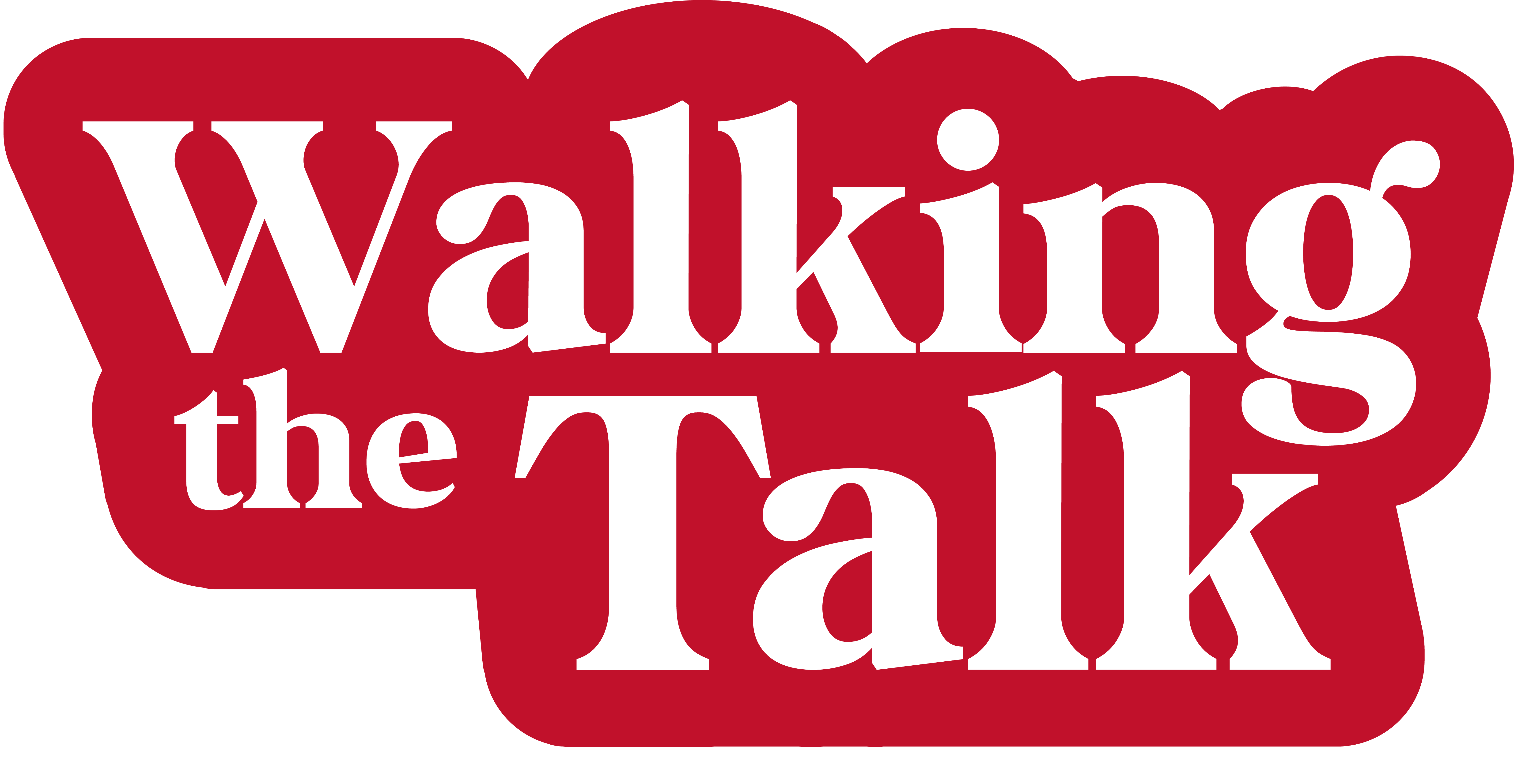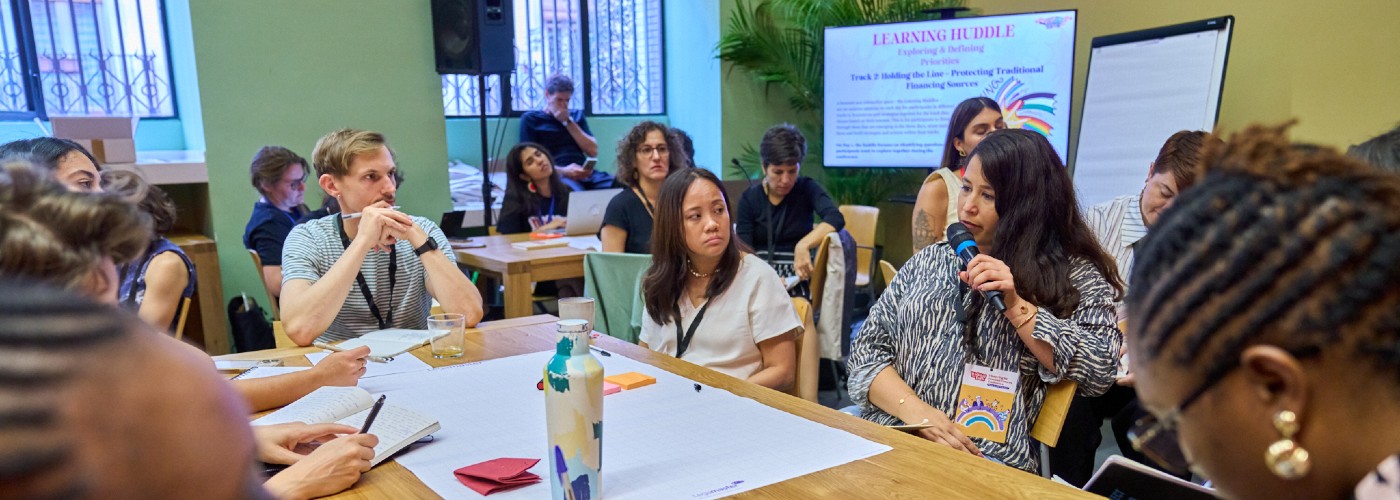Track 1: Building our Movements: Strategizing together
This track will provide space for conversations on resourcing intersections (climate, conflict, humanitarian aid, health) that strengthen gender equality financing (with an emphasis on the Global South and East) and explore opportunities to strengthen relationships.
Day 1 (Wednesday)
Speakers:
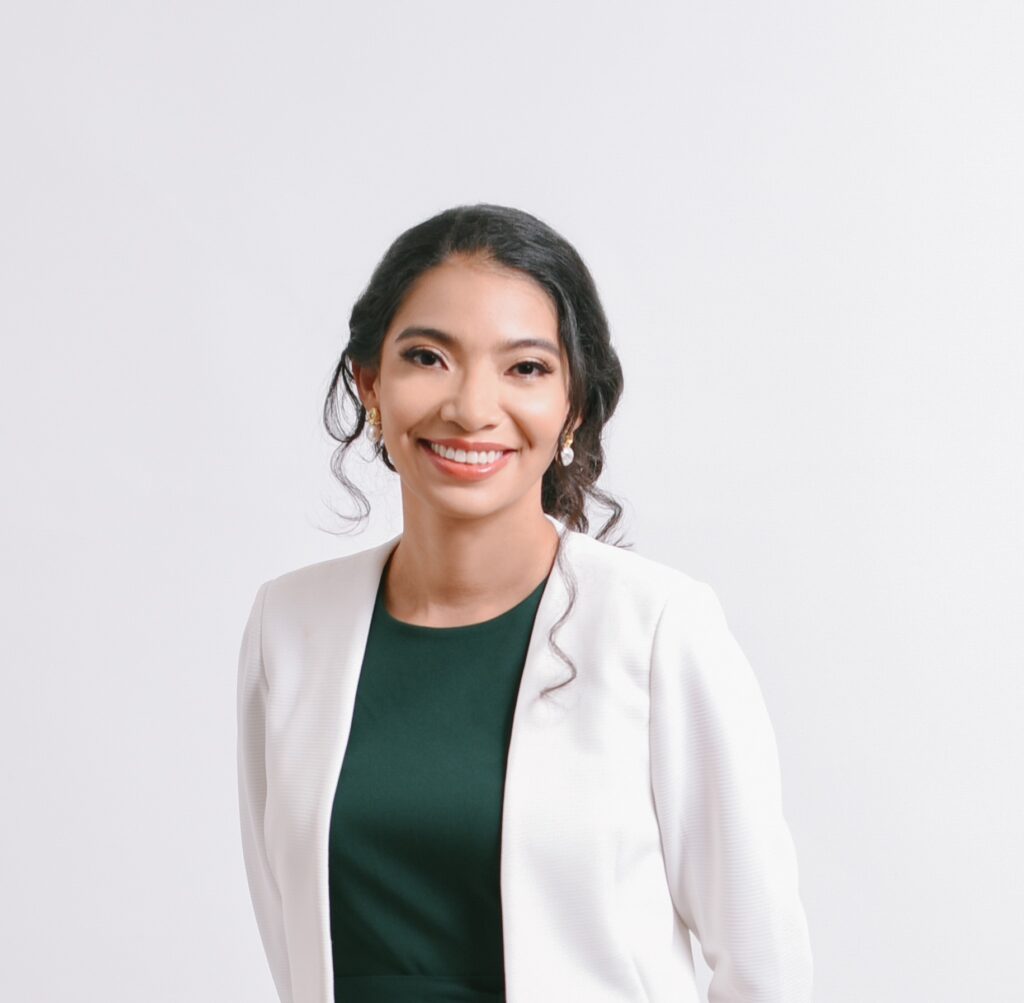
Afro-Indigenous descent born and raised in Panama, Jovana Ríos Cisnero is the Executive Director of Women’s Link Worldwide, an intersectional feminist nonprofit organization that advances women’s rights through legal action. Since assuming her role in 2022, Jovana has spearheaded a transformative shift, embedding anti-racist, anti-colonial, and anti-ableist principles into the organization’s core. Jovana’s extensive background includes co-founding the Latin America and the Caribbean Youth Alliance, catalyzing youth-led advocacy in significant international negotiations. She has served on the Board of the Global Fund, consulted for the United Nations Population Fund, and held leadership roles in both the private sector and international NGOs. Jovana has received high-level appointments from two UN Secretary-Generals related to the Every Woman Every Child initiative and serves as a SheDecides Champion. As the former Board Chair of Fòs Feminista, she co-led its transformation into an intersectional feminist alliance. In 2022, she was named one of Forbes Centroamérica’s 100 Most Powerful Women and became a Global Fellow in the Women Leaders for the World initiative. She currently sits on the Board of the Seattle International Foundation.
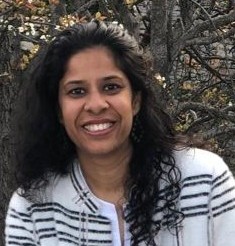
Divya Mukand works with the Girls First Fund as the Program Advisor for India. She is passionate about girls and women’s rights and has been working to advance the same for more than 20 years.
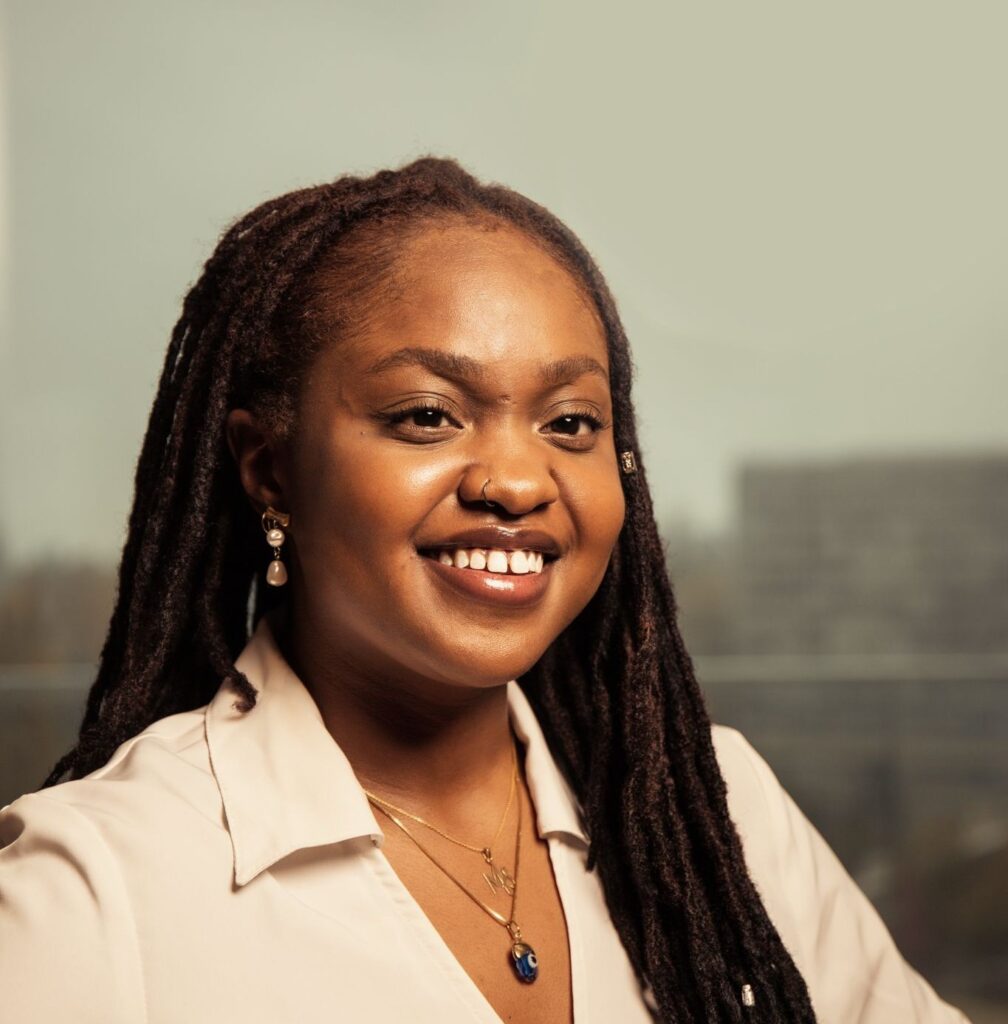
Marie-Simone Kadurira is a Zimbabwean feminist, researcher, and communications specialist based in Berlin. Marie-Simone is the founder of Vasikana Vedu, a nonprofit dedicated to menstrual health and education.
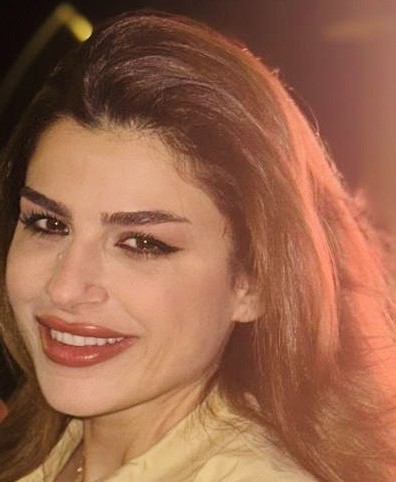
Zeina Abdel Khalik is a development and gender expert with solid experience in programming, policy work, research and organizational development in critical areas related to gender mainstreaming, GBV, promoting women’s participation in the decision-making spheres and strengthening feminist movements. She is currently the Executive Director of the Doria Feminist Fund, the first feminist fund from and to the MENA region.
Day 2 (Thursday)
Speakers:
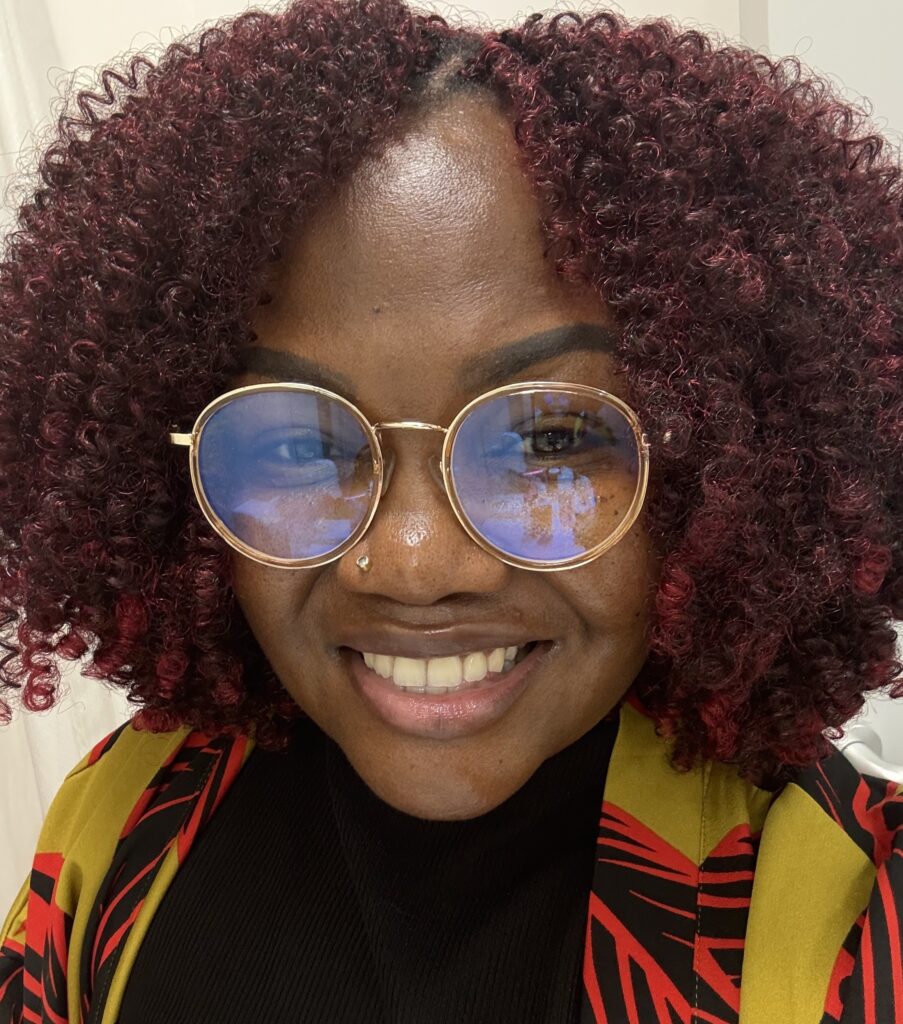
Dr. Stellah W. Bosire is a medical doctor, lawyer, global health practitioner, researcher, and author with over 14 years of experience advancing gender equality, health equity, and inclusive governance across Africa. As Executive Director of the Africa Center for Health Systems and Gender Justice, she is advancing equity, investing in gender justice, and transforming health systems through gender equity, innovation, and sustainable investment. Dr. Bosire advances gender justice by tackling income inequalities as a fundamental lever for achieving equitable, responsive, and transformative health systems. Dr. Bosire serves as the Chairperson of Amnesty International Kenya, Governor of the Commonwealth Foundation representing Africa, and Board Member of Civicus Alliance. She was previously the Co-Executive Director of UHAI– EASHRI, CEO of the Kenya Medical Association, and Vice-Chair of the HIV/AIDS Tribunal of Kenya, consistently bridging civil society, government, and global institutions to shift power and resources toward equity.
Dr. Bosire holds a Bachelor of Medicine and Bachelor of Surgery (MBChB) and a Bachelor of Laws (LL.B) from the University of Nairobi, an MBA in Healthcare Management from Strathmore Business School, and a Master of Science in Global Health Policy from the London School of Hygiene & Tropical Medicine.
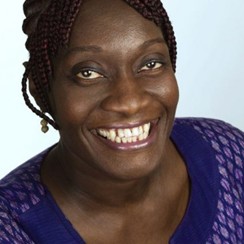
Theo Sowa is an African feminist working on social and economic justice issues, with a special focus on just resource mobilisation, philanthropic advocacy, and advisory work. She is co-chair of the Equality Fund and sits on the boards of the Graca Machel Trust and Luminate. She also serves on the advisory committee of the Centre for African Philanthropy and Social Impact (CAPSI) and its women in philanthropy initiative, Adoye.
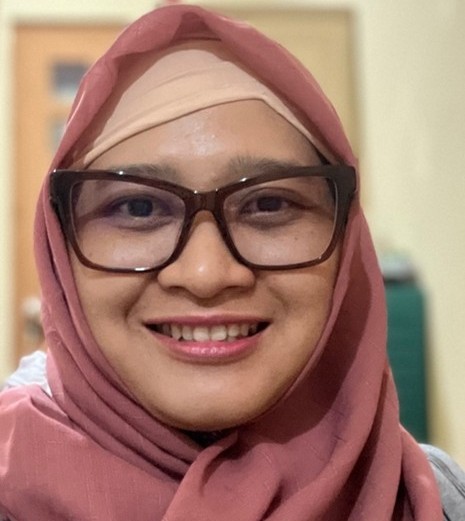
Dwi Ariyani is a disability rights activist with over twenty years of experience in disability rights and inclusion. She has worked with grassroots, national, regional, and international organizations of persons with disabilities (OPDs) to promote the rights of persons with disabilities and provide technical assistance to OPDs to achieve their rights advocacy agenda. Her advocacy and support for disability movements have led to legislative reform, increases in government budget allocations for disability inclusion, and the building of bridges across human rights movements. In her works, she has partnered with organizations of persons with disabilities, governments, donors, local, regional, and international NGOs, and UN agencies to advance the rights of persons with disabilities. Dwi has experience in cross-movement building between the disability rights movement and other social justice movements, including the feminist/women’s movement, indigenous movement, and climate justice movements. As a woman with a disability, Dwi’s advocacy centers on intersectional gender justice to secure the agency and full representation of women with disabilities in every decision-making process that affects women’s lives. She currently serves as the Associate Director for Peer and Collective Learning at the Disability Rights Fund.
Day 3 (Friday)
Speakers:
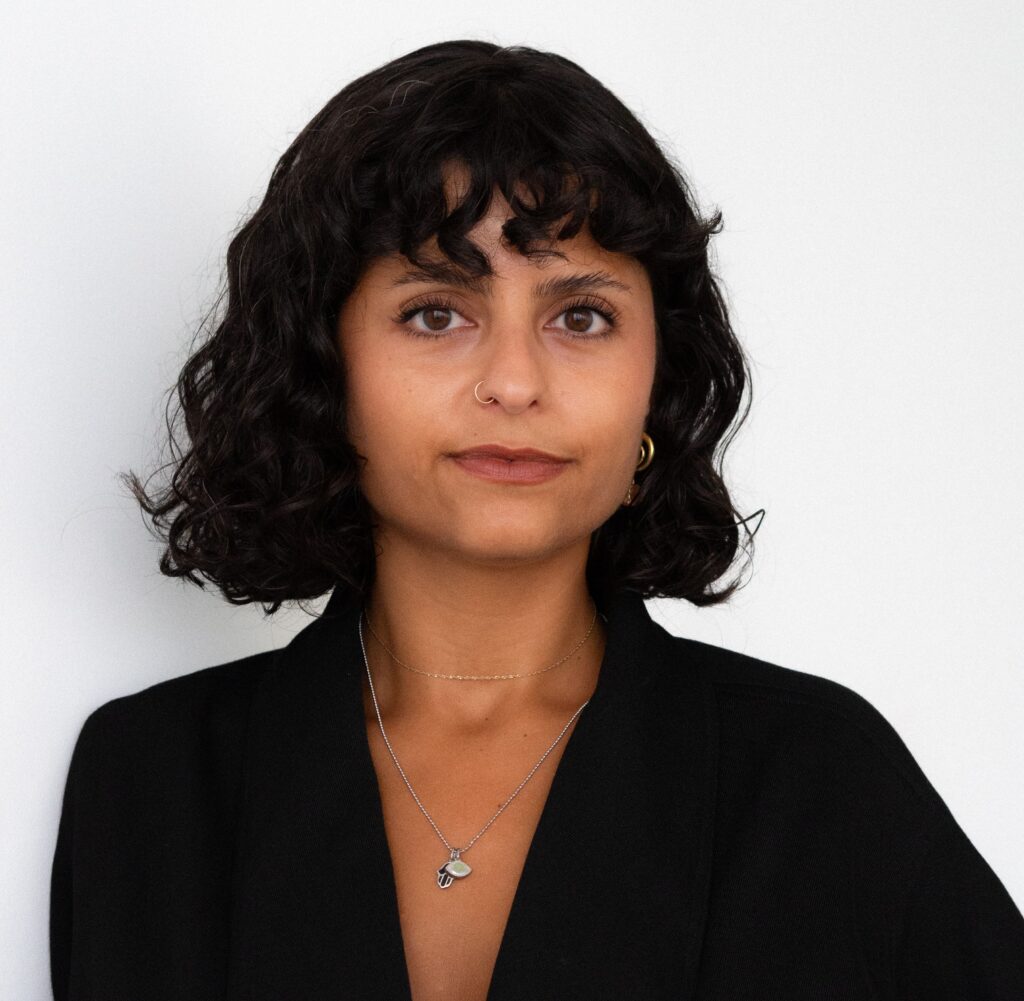
Sana Mustafa (she/her) is a movement leader in the forced-displacement sector and a feminist human rights activist whose work is shaped by her experience as a brown, Arab, forcibly displaced woman from Syria. After being displaced by the Assad regime, she helped found global efforts centering refugee leadership—including the Global Refugee-led Network and the Resourcing Refugee Leadership Initiative, the first global fund by refugees, for refugees. She later served as CEO of Asylum Access, advancing self-representation and intersectional coalitions for the rights of forcibly displaced people. Sana now serves as Associate Vice President of Philanthropy at the Equality Fund, partnering with high and ultra-high-net-worth donors to mobilize resources for women, girls, and gender-expansive people worldwide; she also leads a consulting practice on equitable resource mobilization, leadership and organizational development, proximate leadership, and movement building. An active public speaker, Sana has delivered a TED Talk and addressed audiences at the United Nations headquarters, the National Press Club, the Carnegie Endowment, the White House, Skoll World Forum, Harvard Law School, Stanford, and more. A 2023 Elevate Prize awardee, she also serves on the board of Basmeh & Zaitooneh, supporting displaced communities in Lebanon and Syria, and is a member of Syria’s first Syrian Women’s Political Movement, which unites women across professions and ethnicities to shape a vision for women’s inclusion in a future Syria.
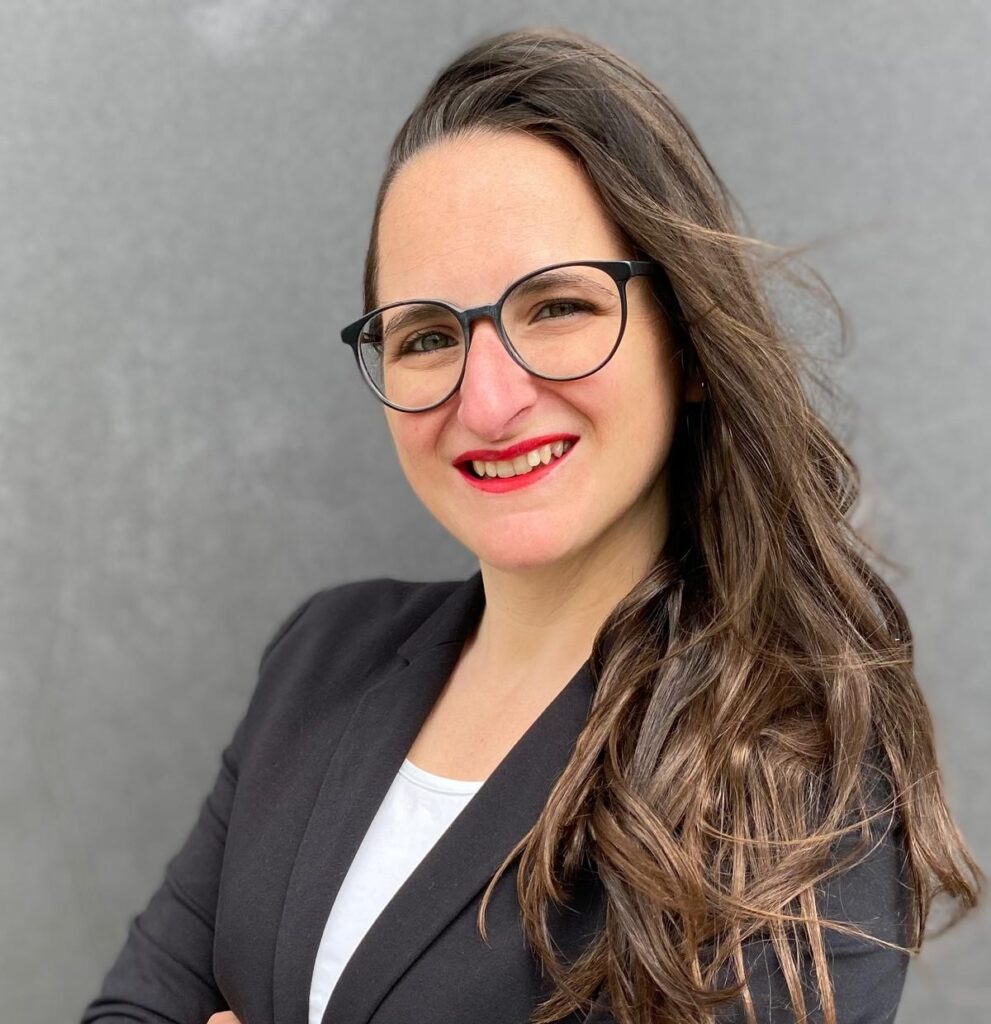
Alejandra Morena is the Research & Advocacy Lead of the Resourcing Feminist Movements Initiative at AWID (Association for Women’s Rights in Development). She works at the intersections of gender, social, economic, and climate justice. She holds an MA in Human Rights from the University of Essex and has authored several publications, including “Where is the Money? An Evidence-Driven Call to Resource Feminist Organizing“ [forthcoming] and “Enraged: Women and Nature“. Originally from Argentina, she has lived and worked across Europe and Latin America. She envisions a world rooted in care – for both people and the planet.
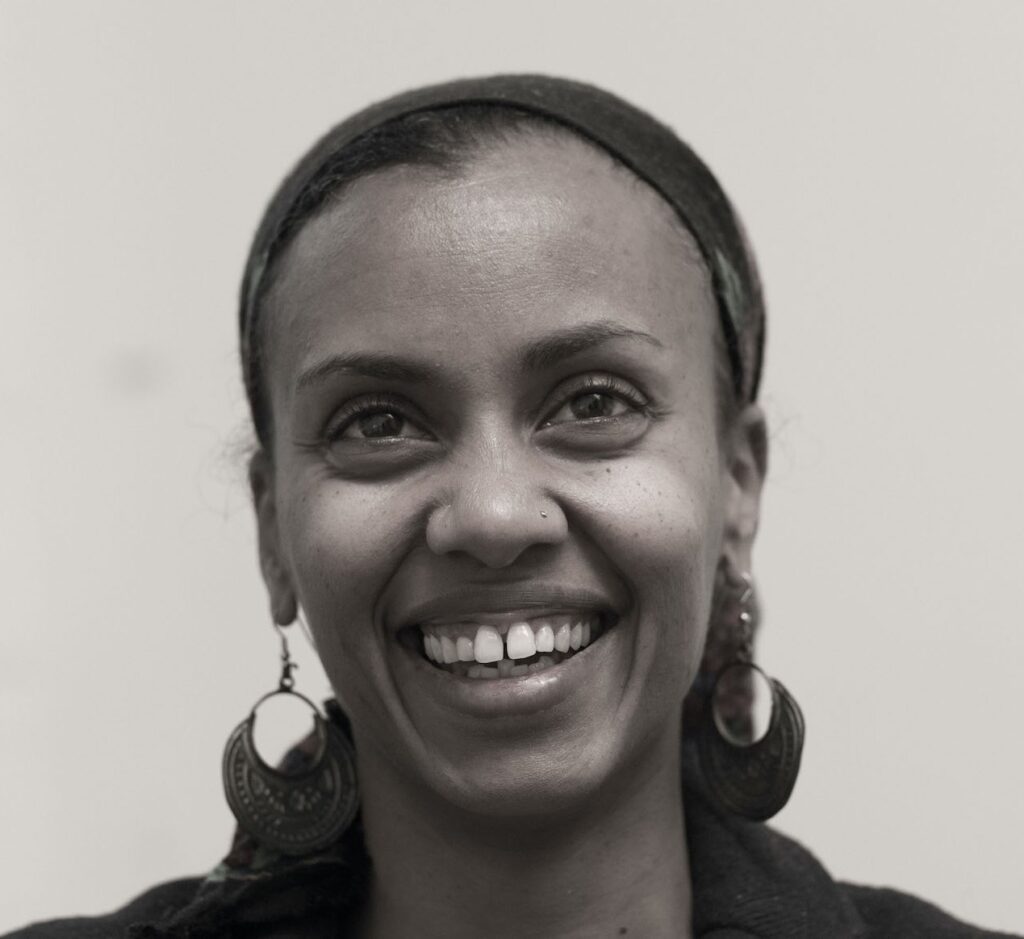
Nisrin Elamin is a scholar and activist based in Toronto. She is currently writing a book tentatively titled: Stratified Enclosures: Land, Capital and Empire-making in central Sudan which focuses on large-scale domestic and Gulf Arab land enclosures and community resistance to land dispossession in the Gezira region of central Sudan. In addition to scholarly articles, Nisrin has published and co-written articles for Al Jazeera, the Washington Post, Okay Africa, Hammer and Hope, Transition and The Egypt Independent. Nisrin is also a co-founding member of the Sudan Solidarity Collective which has been supporting local emergency response rooms and unions at the forefront of relief efforts in the face of a largely absent international aid community and functional state in Sudan. The collective has been doing political education and organizing around more just Canadian immigration policies.
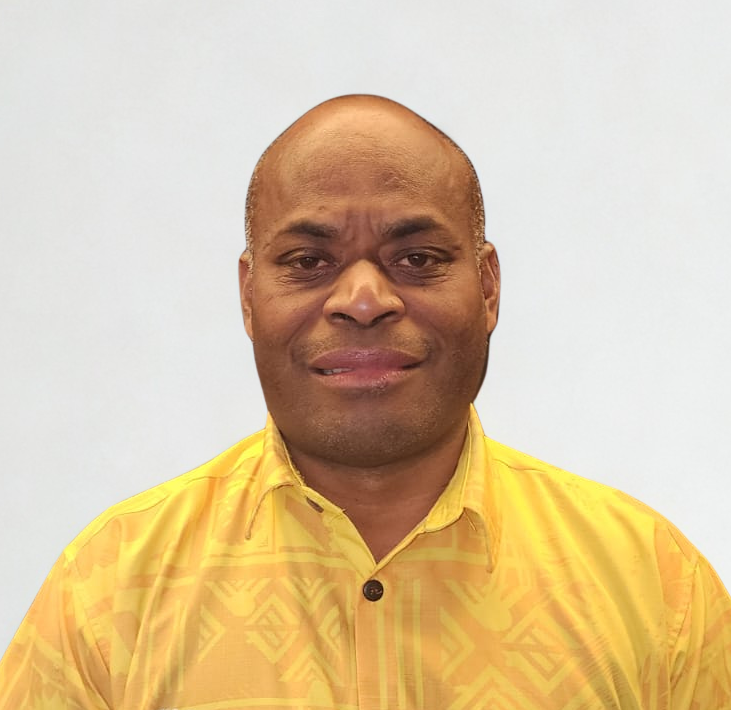
Ponijese Korovulavula is affiliated with Women’s Fund Fiji, contributing to initiatives that support gender equality and community resilience. His work emphasizes inclusive development, particularly in rural and marginalized communities. He plays a role in mobilizing resources and fostering partnerships that empower women and gender-diverse groups across Fiji.
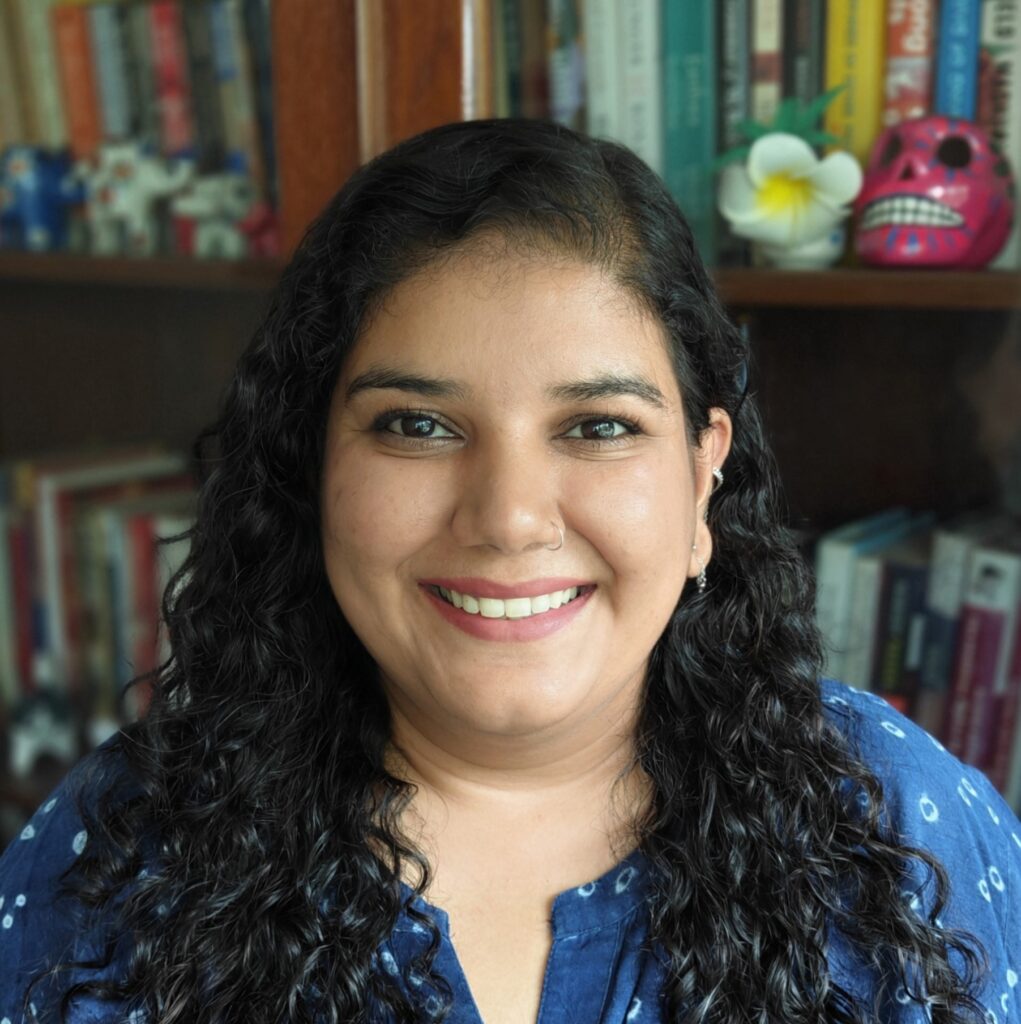
Akanksha is a young feminist activist and independent consultant. At FRIDA The Young Feminist Fund, she led the MEL team and served as a Focal Point supporting a diverse community of grantee partners in the SSEAP (South, South East Asia and Pacific) region. She designs organizational learning strategies using participatory, feminist, and decolonial practices. Her work focuses on collective care, queer feminist organizing and resourcing young feminist activism in the Global South.
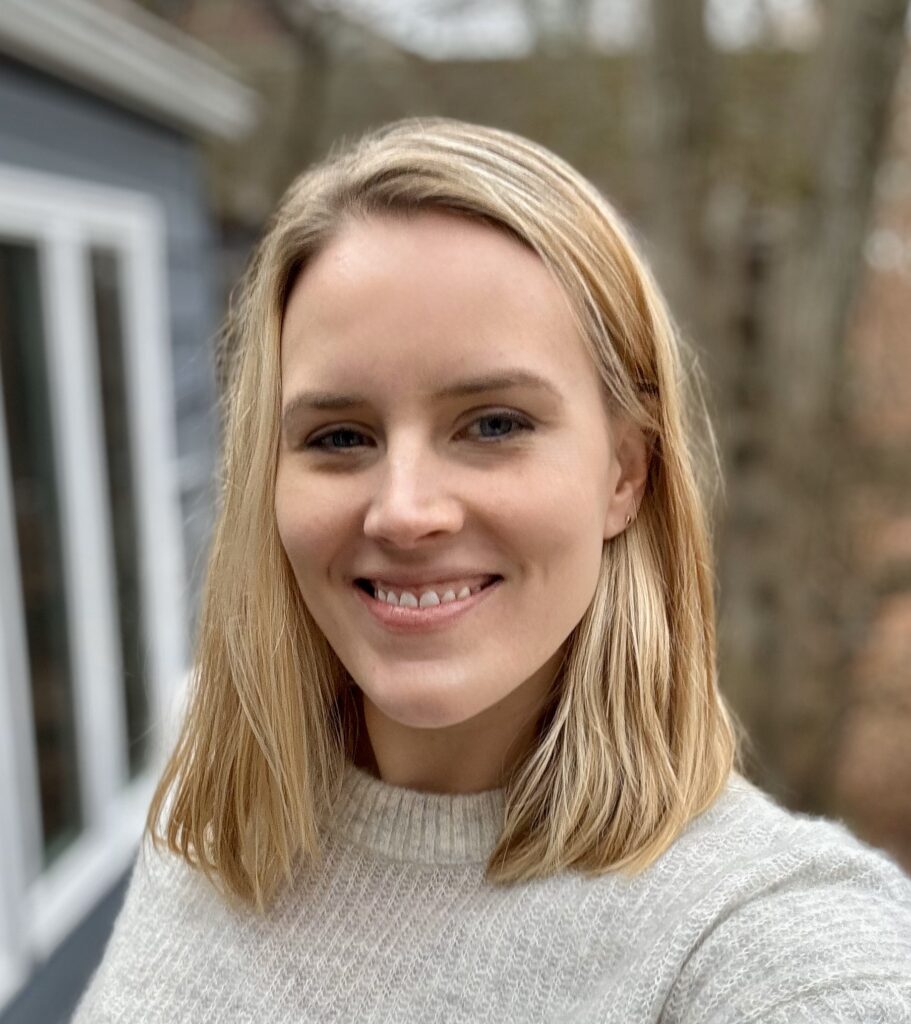
Kathryn (“Katie”) Tobin has worked on sustainable development, gender justice, and human rights since 2011. As Director of Programs at WEDO, Katie helps shape organizational strategy, narratives and fundraising, and movement building at the nexus of economic, gender, and climate justice. Katie began her career at the United Nations Non-Governmental Liaison Service before co-founding Regions Refocus, an initiative that advances feminist and progressive policy with autonomous regional civil society networks. Katie has also consulted on advocacy and organizational strategy for several UN-based organizations, including UNANIMA, Global Policy Forum, and the Mining Working Group. She has a Bachelor’s degree in Africana Studies from Barnard College of Columbia University and a Master’s from School of Oriental and African Studies (University of London).
Track 2: Holding the Line: Protecting Traditional Financing Sources
This track will explore strengthening narratives and cases in fast-changing environments to preserve & where possible, expand funding from traditional sources. (In conversation with civil society, private foundations, governments, Women’s Funds and UN agencies, including exploring ways to safeguard traditional funding sources).
Day 1 (Wednesday)
Speakers:
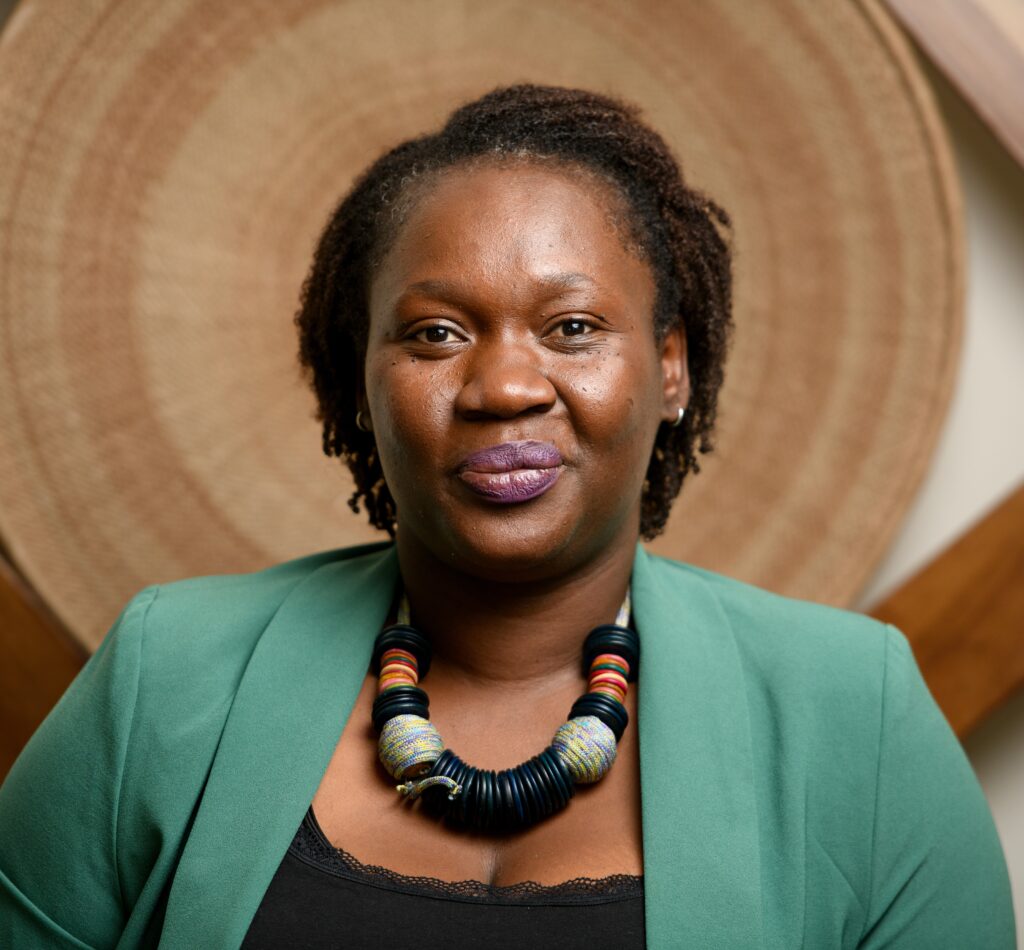
Fadekemi (Kemi) Akinfaderin is a feminist thought leader with over 25 years of experience advancing sexual and reproductive justice across Africa and the Global South. She is the Chief Global Advocacy Officer at Fòs Feminista and has previously held leadership roles at the Equality Fund and PROSPERA, after beginning her career as co-founder of Education as a Vaccine in Nigeria. Kemi also serves on the boards of the Global Fund for Women and the WHO Civil Society Commission, and holds degrees from Wesleyan University and Columbia University’s Mailman School of Public Health.
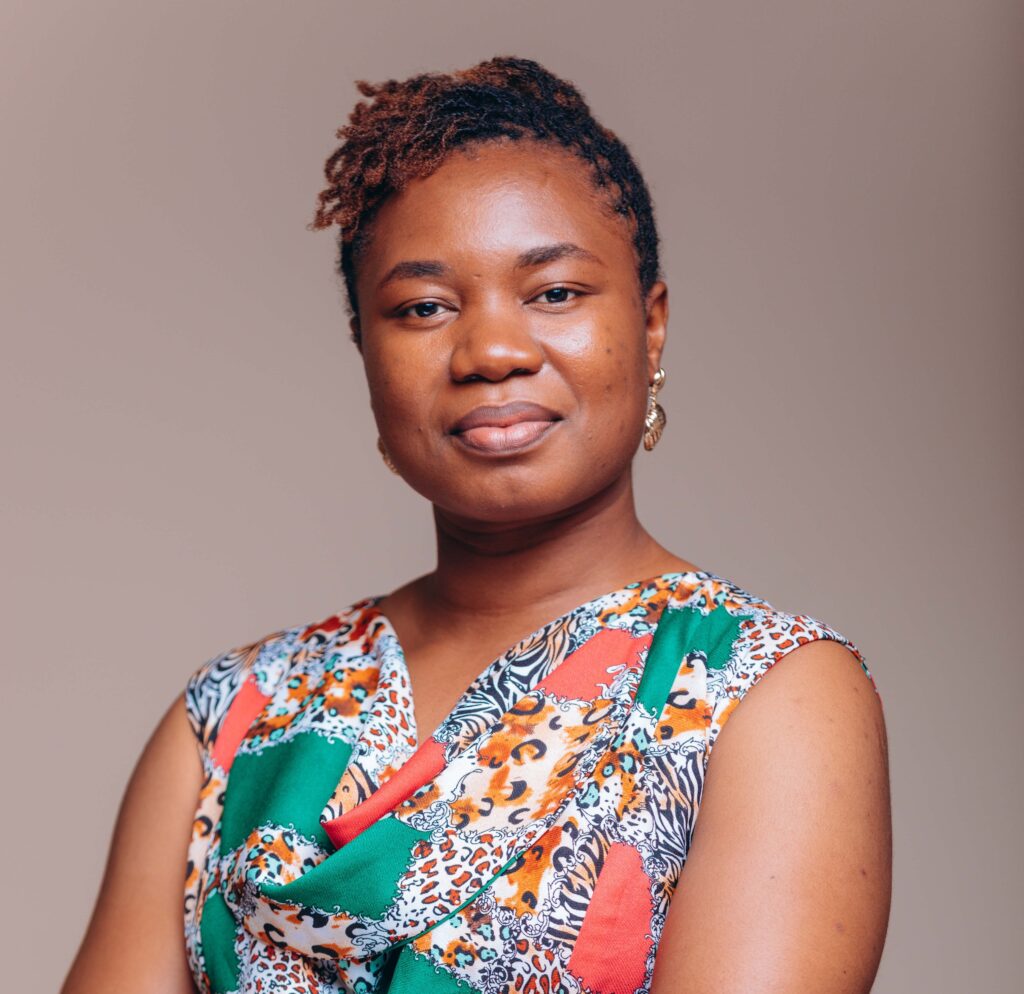
Vanessa Aboudi is a feminist researcher and the Founding President of the Association for Feminist Research in Central Africa (ARFAC). This sub-regional organisation works to promote, disseminate and foster the appropriation of local research on gender and feminism in Central Africa, thereby contributing to the decolonisation of African feminist knowledge. Currently serving as Policy Analyst in Governance and Democracy at the Nkafu Policy Institute, the think tank of the prestigious Denis & Lenora Foretia Foundation, she also develops deep expertise on contemporary democratic issues in the region. Author and co-author of numerous scholarly articles, her research focuses primarily on the intersections between feminism, gender and governance in Central Africa. Her analyses contribute to illuminating the challenges and opportunities for women’s emancipation in African political systems.
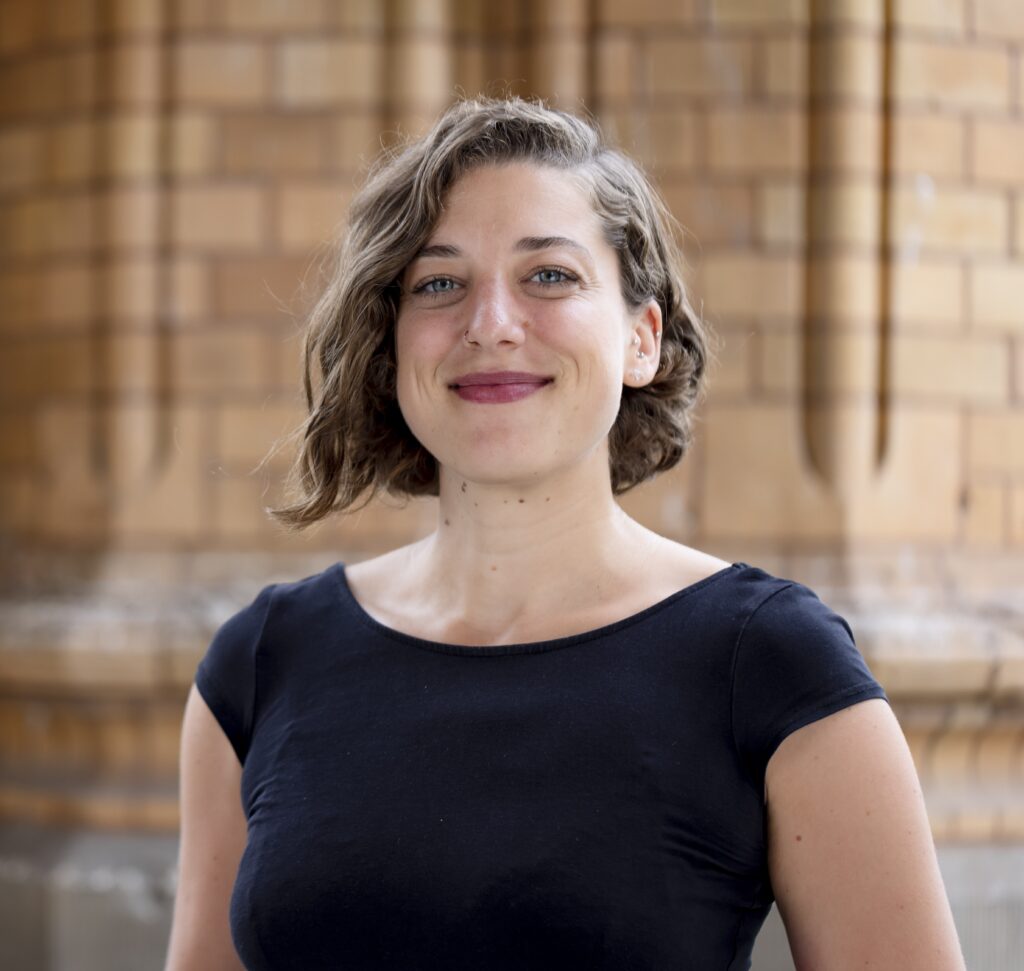
Marieke Fröhlich is a Policy Advisor for Feminist International Cooperation & Diversity at VENRO, the umbrella organisation of development and humanitarian NGOs in Germany. She is an intersectional feminist with over ten years of experience as an activist, researcher, and now policy advisor, working on feminist peace, movement building, feminist foreign and development policy, and the Women, Peace and Security agenda. Previous to her work at VENRO, Marieke was the co-chair of the German section of the Women’s International League for Peace and Freedom (WILPF), and worked in research at Rhine-Waal University and the Peace Research Institute Frankfurt (PRIF) in Germany.
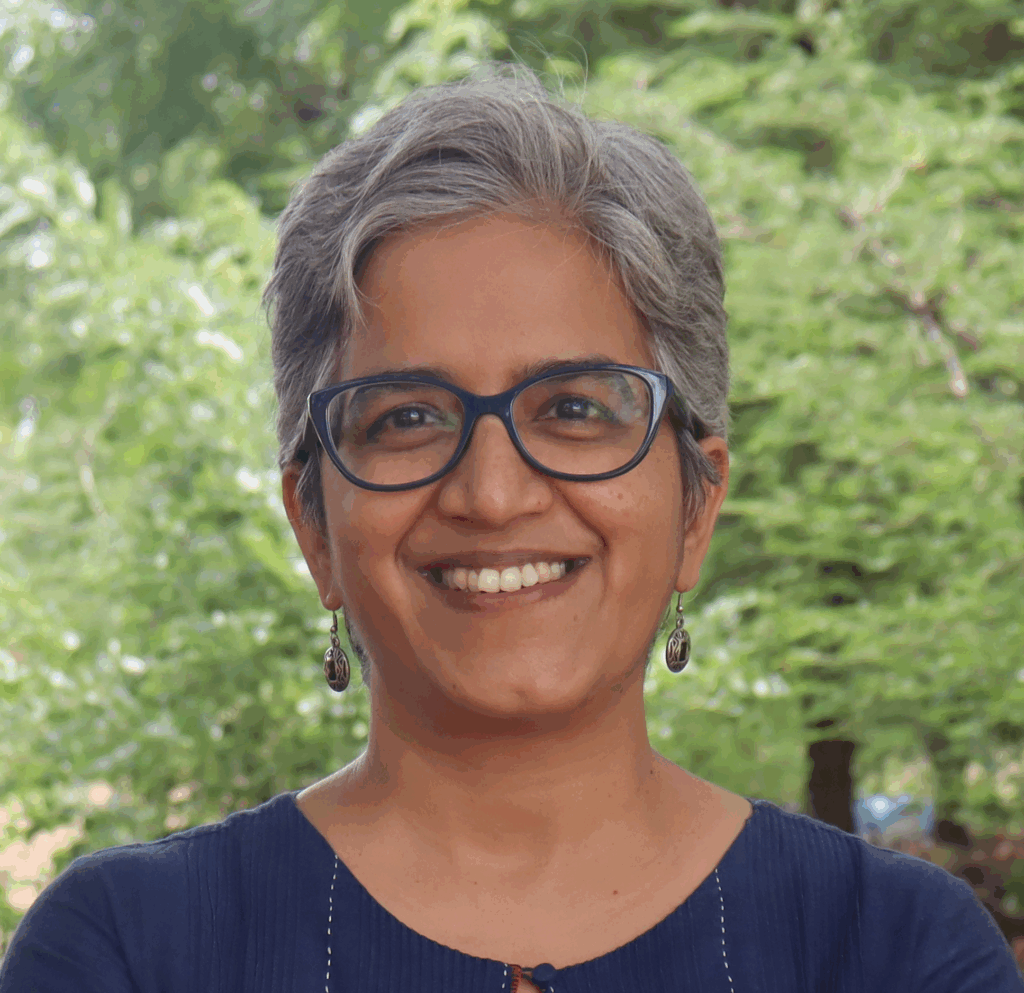
Jayapadma RV is a development practitioner with nearly three decades of experience advancing gender justice, community-led development, and climate-resilient livelihoods. She has worked across civil society, bilateral aid, CSR, research, and academia, driving feminist organizing, grassroots institutional strategy, and inclusive social change. She currently leads Programmes and Partnerships at South Asia Women Foundation India and co-edits Anchoring Change, while writing widely on sustainable development and feminist funding.
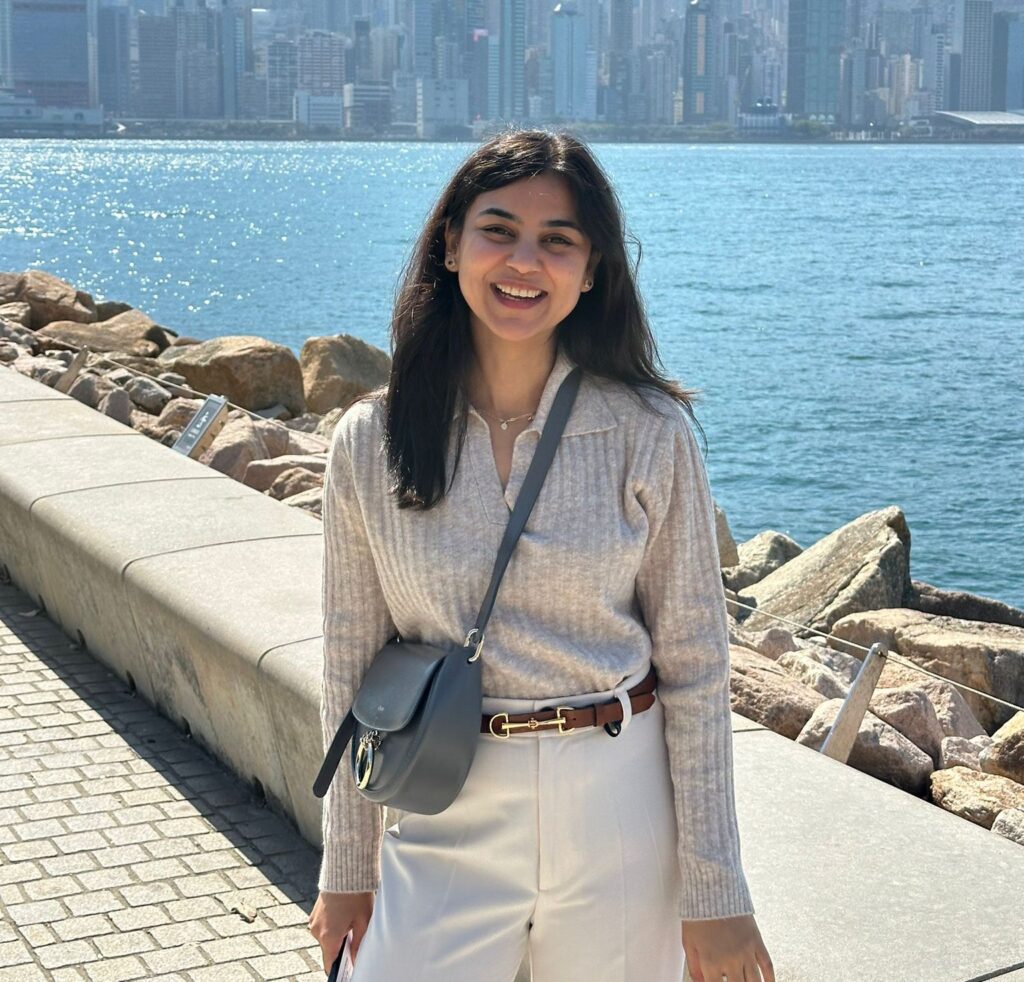
Aanshi Gupta is a member of the Research and Insights team at Dasra. With a background in public health, Aanshi is passionate about improving community health and well-being to drive sustainable development. Previously, Aanshi worked on health communication, policy, and research projects at Global Health Strategies. She has also worked at the WHO Collaborating Centre (Imperial College London) and the Harvard T.H. Chan School of Public Health. Aanshi completed her Master’s in Public Health (MPH) at Imperial College London and holds a Bachelor’s in Arts and Sciences (BASc) from University College London.
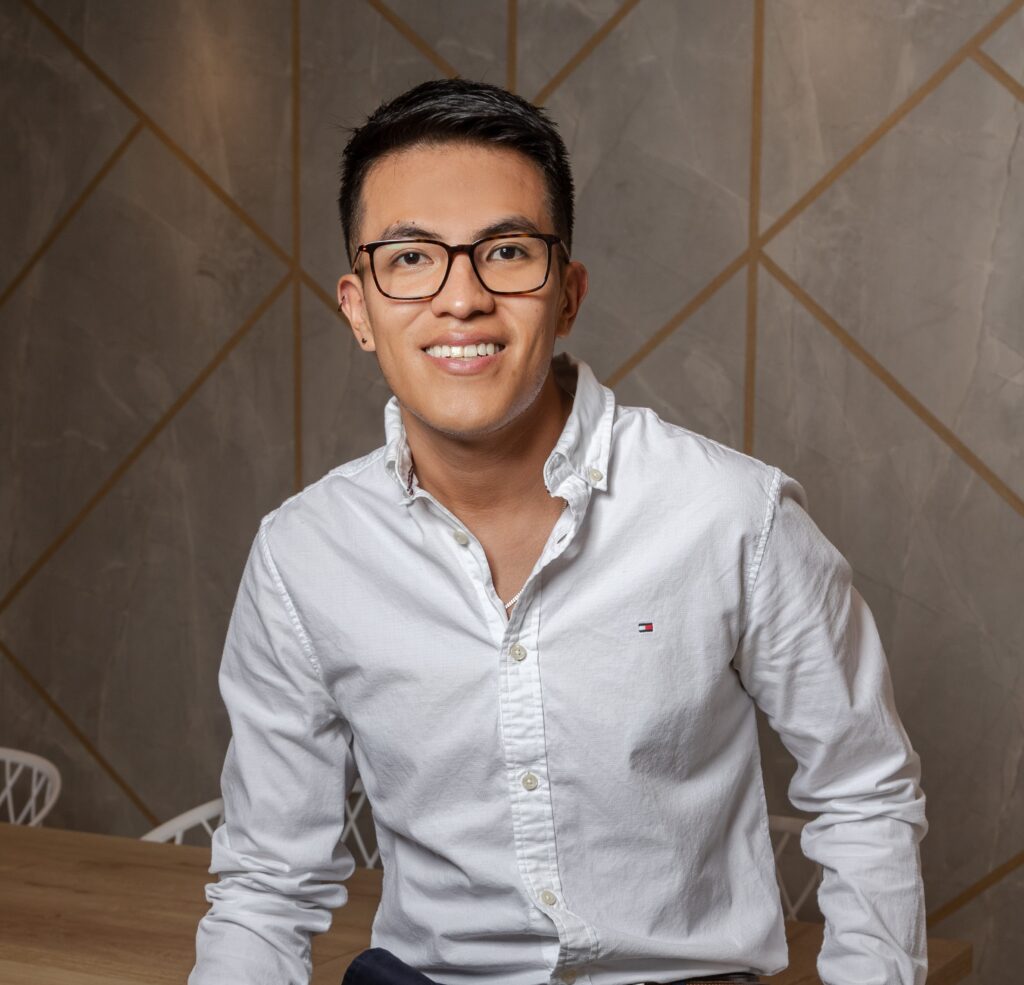
From rural clinics in the Ecuadorian Amazon to global health forums, David Imbago-Jacome is a medical doctor and public health professional dedicated to ensuring young people shape the conversations about their health and rights. With an MPH from Universitat Pompeu Fabra/Universitat Autònoma de Barcelona and advanced training in diplomacy for health from the Stockholm School of Economics and Karolinska Institute, David brings over a decade of experience spanning clinical care, advocacy, and strategy. Currently Manager, Ecosystem Development & Equity at the Children’s Investment Fund Foundation (CIFF), David leads global strategies on Meaningful Adolescent & Youth Engagement and Thought Leadership & Influencing. David also serves as a Commissioner for the Lancet Commission on Adolescent Health and Well-being. Previously, David directed the YIELD Hub and managed global health programs with CORE Group and local service provision within Ecuador’s Public Healthcare system.
Day 2 (Thursday)
Speakers:
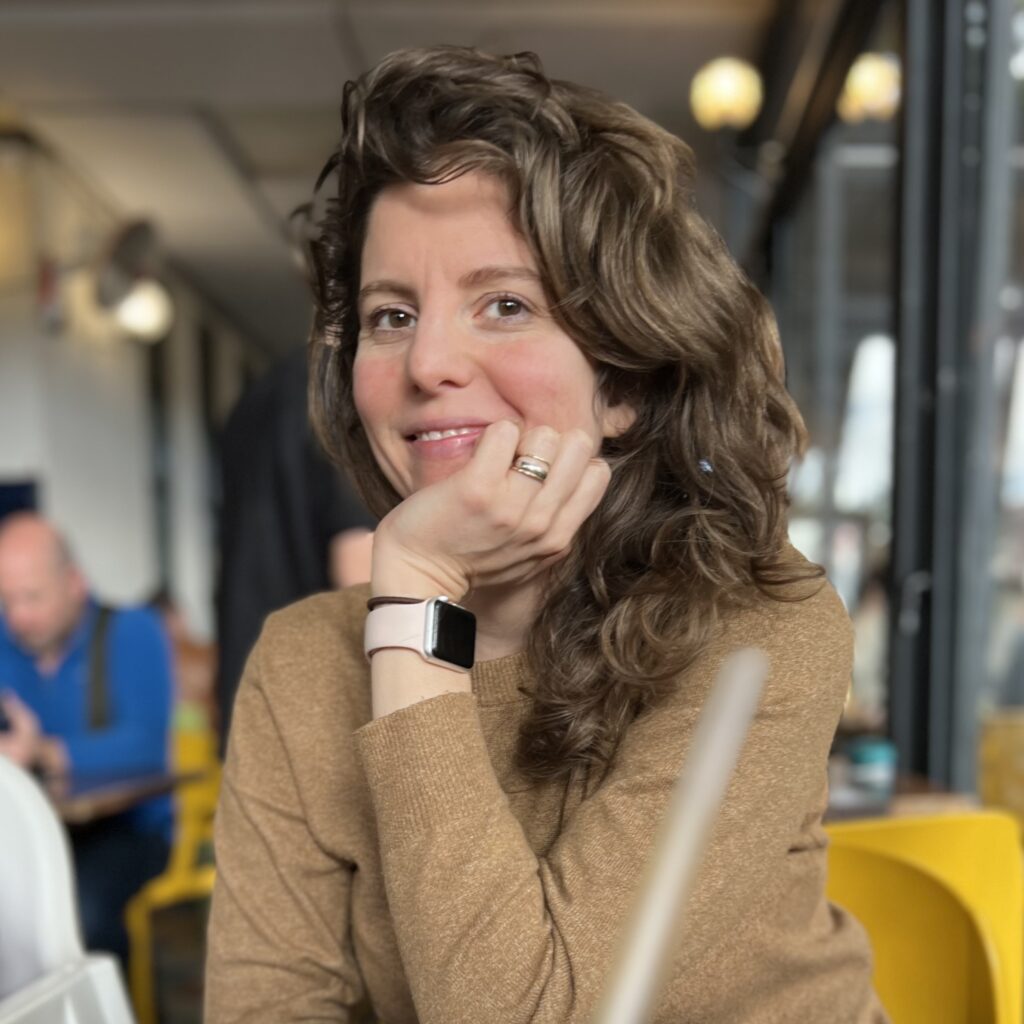
Rachel Jacobson is the co-director of the Alliance for Feminist Movements, which she joined in 2021. She has a long history in women’s human rights activism and service delivery with Human Rights Watch, the Youth Coalition for Sexual and Reproductive Rights, the International Women’s Health Coalition, and Whole Woman’s Health.
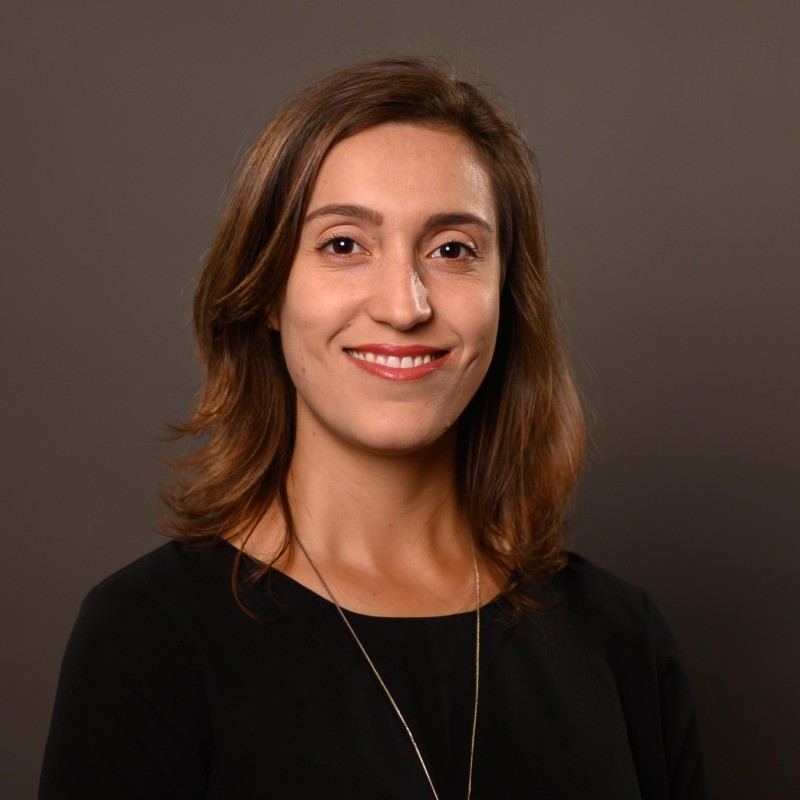
Aline Burni is a Research Fellow on Gender and Foreign Policy at ODI Europe, where she contributes her expertise to research and policy analysis on European external action and feminist policies within the Walking the Talk consortium. Previously, she served as Policy and Politics Advisor at the Tony Blair Institute for Global Change and led the International Relations portfolio at the Foundation for European Progressive Studies (FEPS). Aline holds a PhD in Political Science from the Federal University of Minas Gerais (Brazil) and was a Fulbright visiting scholar at NYU. She has held research roles focusing on European politics, international cooperation, and the impact of populist radical-right parties on European immigration policies. Her diverse background also includes work with the German Institute of Development and Sustainability (IDOS), PYXERA Global, and advisory roles for government initiatives in Brazil.

Dianah Nanyange is a feminist Public Health Practitioner and researcher with over a decade of experience advancing Sexual and Reproductive Health and Rights (SRHR), gender equality, and social justice in Uganda. Based at Reproductive Health Uganda, she currently manages the Power to Youth programme, leading a consortium of partners to strengthen advocacy, financing, and accountability for gender equality. Her work applies gender-transformative and rights-based approaches to dismantle structural barriers and amplify youth and women’s voices in decision-making spaces. Dianah has led national and regional initiatives on SRHR, movement building, and policy advocacy, and remains committed to securing sustainable, inclusive resources for feminist movements.
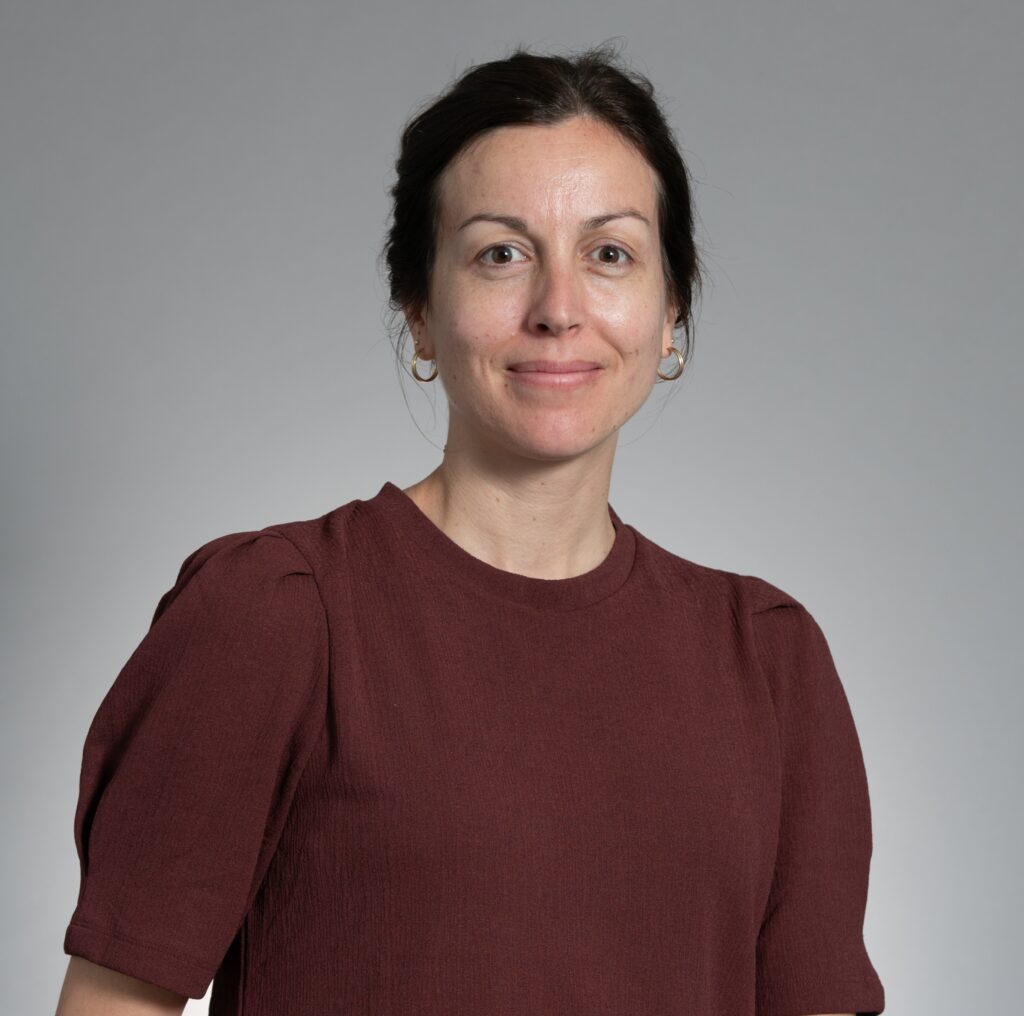
Mylène Bordeleau is a Senior Program Officer with the Democratic and Inclusive Governance division at Canada’s International Development Research Centre (IDRC). Based in Ottawa, she leads the Women’s Voice and Leadership Learning Partnership—a joint initiative with Global Affairs Canada that will accompany women’s rights, feminist and LGBTQI+ organizations under the renewed program using peer-learning, evidence gathering and organizational strengthening. She brings over twelve years of experience in project and research management focused on gender equality and social justice, and is passionate about translating research into action to drive meaningful change and advance fundamental rights.
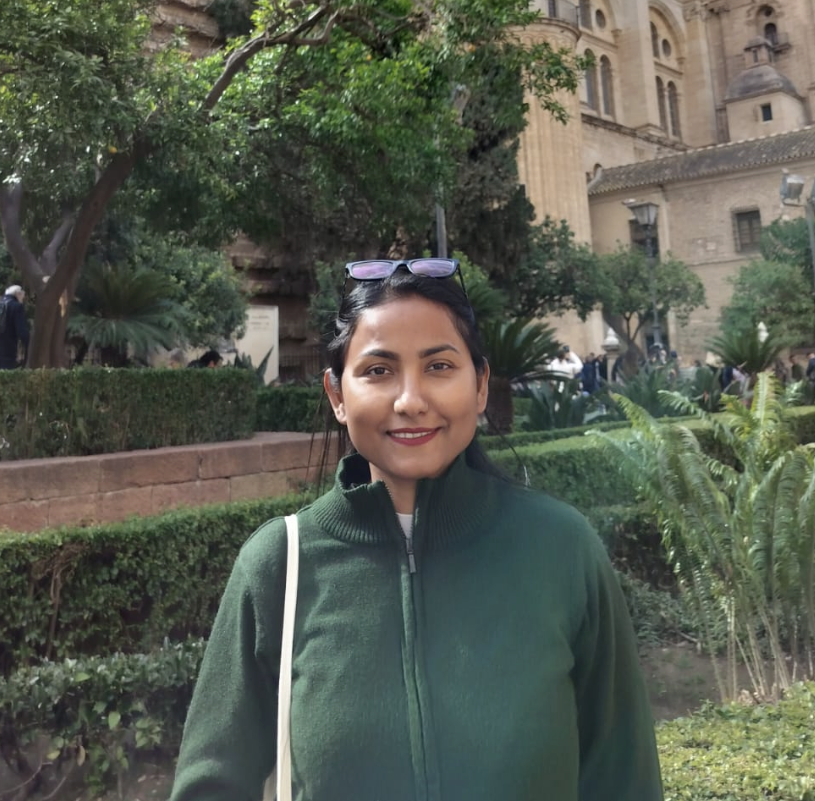
Megha is a feminist academic and activist from South Asia with over a decade of experience
working across the development sector and academia in South Asia, parts of Africa, and the
UK. She has a PhD in Gender Studies from SOAS, University of London and works as the
Decolonising Research Fellow at London South Bank University (LSBU), where she leads
the university’s institutional commitment to decolonising curriculum, research, and practice.
Day 3 (Friday)
Speakers:
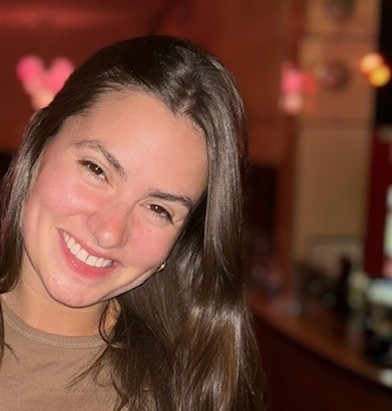
Leah Moss is a senior policy strategist at Mama Cash, an international women’s fund based in Amsterdam. At Mama Cash, Leah leads policy and advocacy to direct resources to feminist movements and organisations globally, working in collaboration with governments, private philanthropy and multi-stakeholder partnerships. She focuses specifically on influencing ODA and climate finance, including through the Global Alliance for Green and Gender Action (GAGGA) and with other feminist funds. Leah has previously worked on policy and advocacy for girl’s rights, SRHR and education at Plan International.
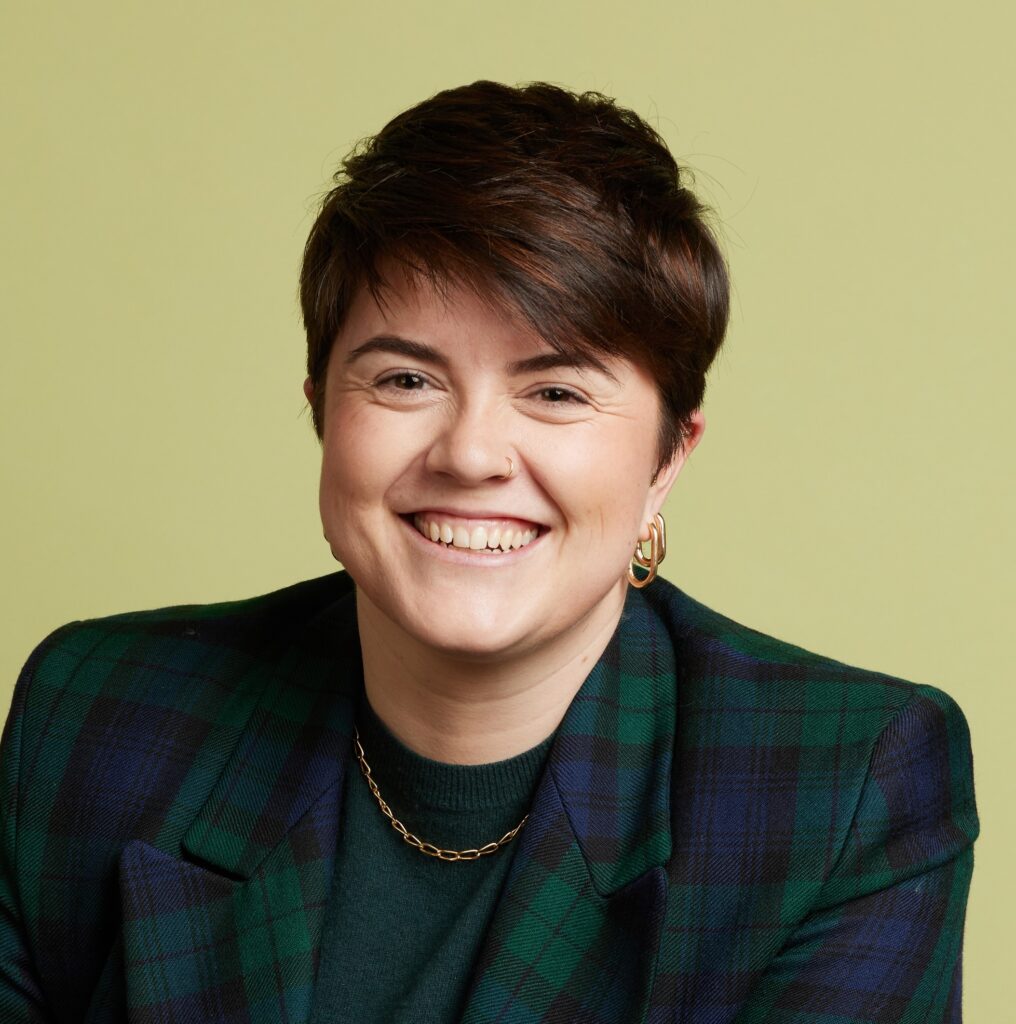
Rooted in Freirean pedagogy and shaped by their queer, feminist, and deeply multicultural lived experience, Mónica de Pinto Ribeiro Hancke (they) is committed to radically reimagining the global development sector. With over a decade of experience across global development and social justice spaces, they specialize in strategic planning, organizational development, facilitation, trust-based relationship building, and translating vision into action. Their work is grounded in empathy, equity, and a relentless commitment to structural change —while learning (and unlearning) alongside diverse communities, and always with a critical ear to power and voice. They currently serve as Chief of Staff to Dr. Maliha Khan at Women Deliver.
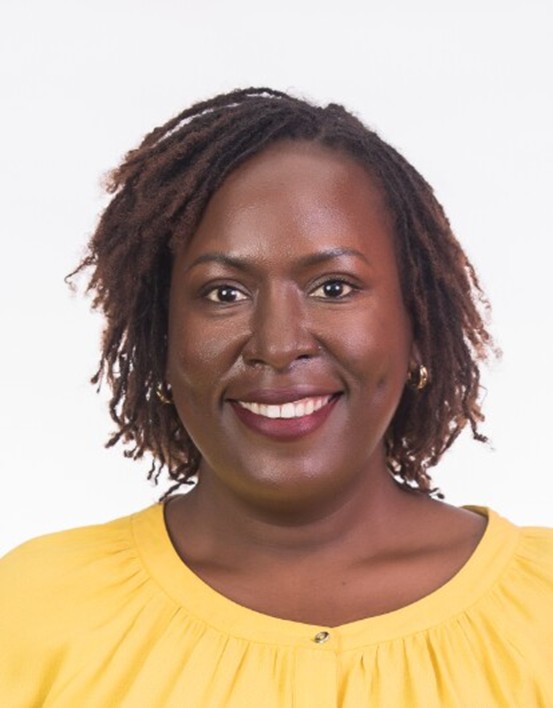
Mabel Sengendo Nabaggala is a feminist leader with over a decade of experience in building and resourcing feminist and grassroots movements across Africa. She has managed multimillion-dollar programs, built strategic partnerships with governments, donors, and civil society, and influenced regional policies on girls’ and women’s rights. As Regional Programmes Unit Manager, her work centres on resourcing and strengthening women- and youth-led CSOs and grassroots organisations across the 24 MenEngage Africa country networks.
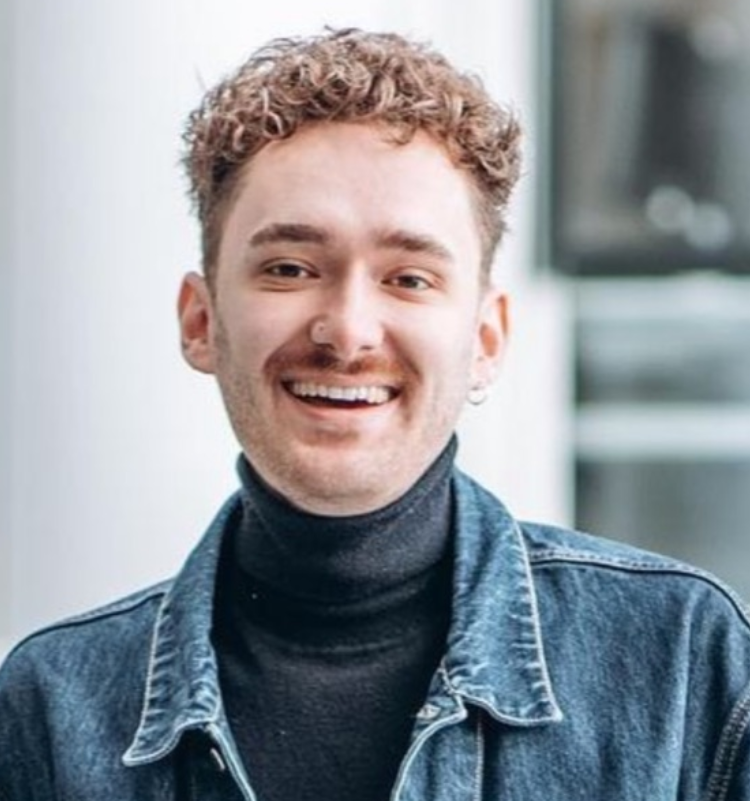
Jim Monkel is an advocate and policy advisor whose work is grounded in connecting policy, people, and practice. As Advocacy Officer at Hivos, he works on inclusive policies and more and better funding for gender equality and feminist organizations in the Majority World.
Previously, as Youth Ambassador for Sexual & Reproductive Health and Rights, Gender Equality and Bodily Autonomy for the Dutch Ministry of Foreign Affairs, Jim served as a bridge between young people around the world and policymaking spaces. As independent advisor to the Ministry, he raised the visibility of inclusive comprehensive sexuality education, specifically for young people with disabilities.
Track 3: Strengthening Feminist Funding for Gender Equality: Building on Financing for Development 4 and Exploring New Possibilities
This track will bring together those interested in following FfD4 commitments. It will also provide space to explore how we can navigate barriers and construct pathways for new and innovative ways of resourcing feminist movements in the Global South and East. What are the capacities, skills, relationships, and plans we need to forge?
Day 1 (Wednesday)
Speakers:

Isatou Badjie is the Thematic Coordination Lead for the Economic Justice and Rights Action Coalition (Generation Equality) at UN Women, where she also serves as Advisor for Women in the World of Work. A former Gambian diplomat with 10+ years in multilateral settings, she advanced poverty eradication and women’s economic empowerment, served as Counselor at The Gambia’s Embassy in Washington, D.C. (IMF/World Bank policy adviser), and as First Secretary at The Gambia’s UN Mission in New York, negotiating gender and development resolutions for the G77, NAM, and the Africa Group.Earlier at the Ministry of Foreign Affairs of The Gambia, she served as Third Secretary and later as Second Secretary. She has coordinated G77 positions on the biennial Women in Development resolution in the UN Second Committee and co-facilitated the 2023 Financing for Development resolution which mandated the FfD4 Conference. Isatou holds a BA (Hons) in International Studies from Spelman College and an MSc (Hons) in the Politics of Conflict, Rights, and Justice from SOAS, University of London.
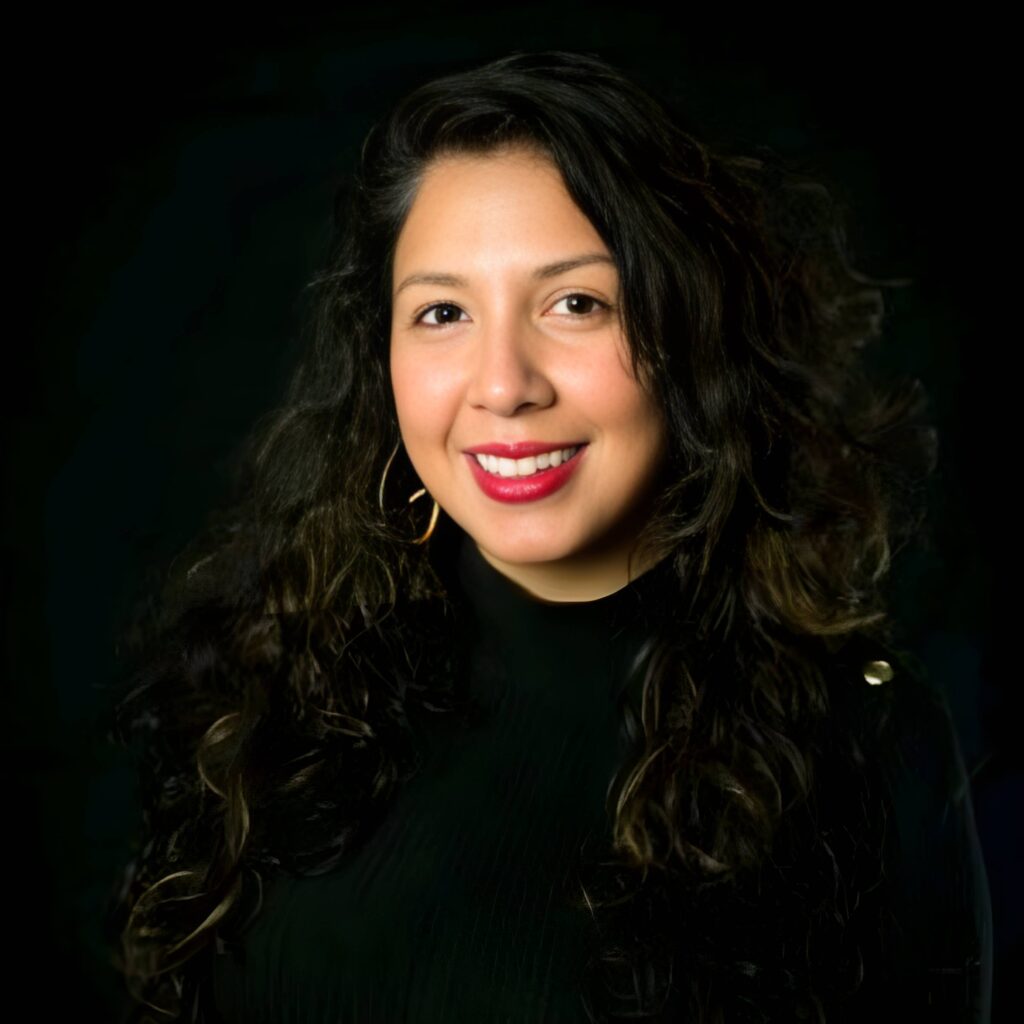
Veronica Brown is a Panamanian and Peruvian feminist, immigrant, and human rights advocate working at the intersections of gender justice, inclusion, and sustainable development. Veronica supports the fierce feminists of the Women’s Major Group as we advocate to expand civic space and ensure that the voices and needs of girls, women, and gender diverse people are prioritized in the SDGs. Over the last several years she has worked to advance gender equality and inclusion at various organizations including Women Deliver, the ACTION Global Health Secretariat, Equimundo, the World Bank among others. She approaches her work with an anti-racist, feminist, and rights-based lens. Veronica holds a B.A. in Global Affairs and Islamic Studies from George Mason University, a Masters in Humanitarian Action from Ruhr University in Germany and the University of Deusto in Spain, and an Advanced Masters in Development Evaluation and Management from the University of Antwerp. She is also an anti-oppression trainer and passionate about decolonizing ways of working.
Day 2 (Thursday)
Speakers:
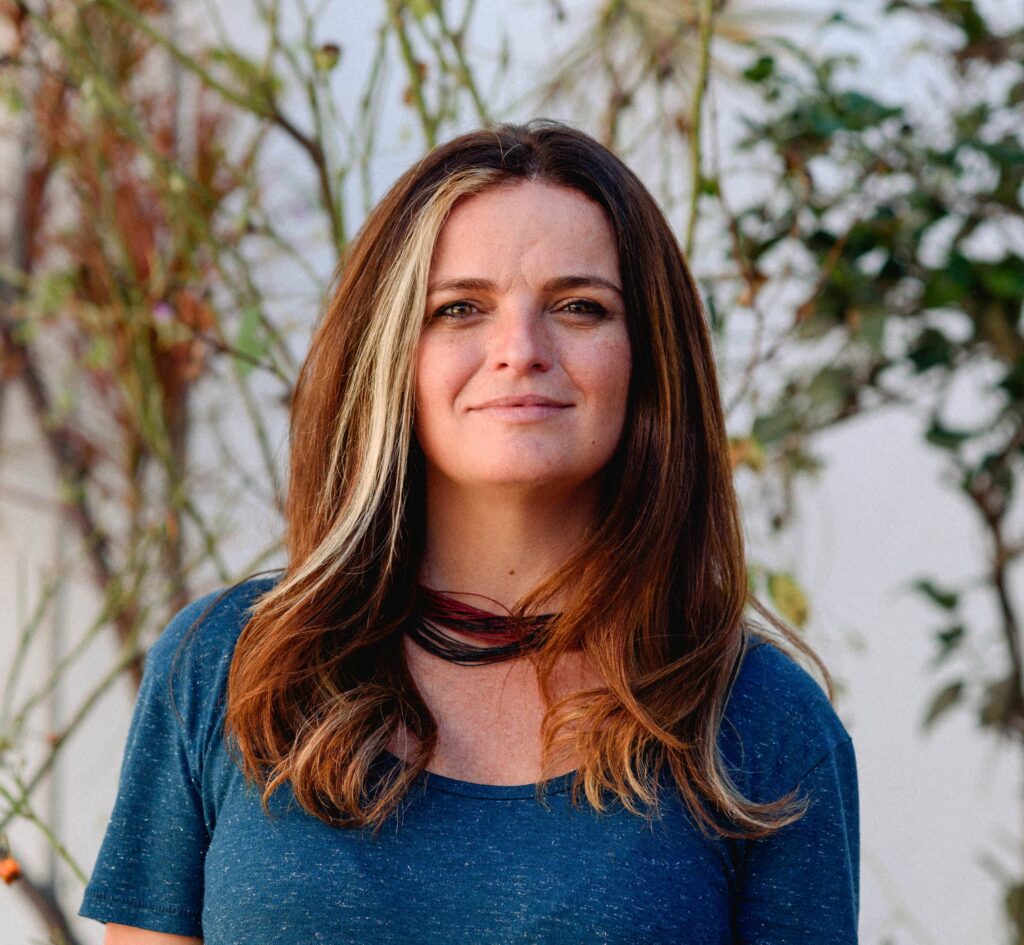
Laura Leonelli Morey is a lawyer, journalist, and human rights advocate. She is Deputy Director of the Fondo de Mujeres del Sur (FMS), a feminist women’s fund that supports organizations advancing gender justice in several countries of southern Latin America.
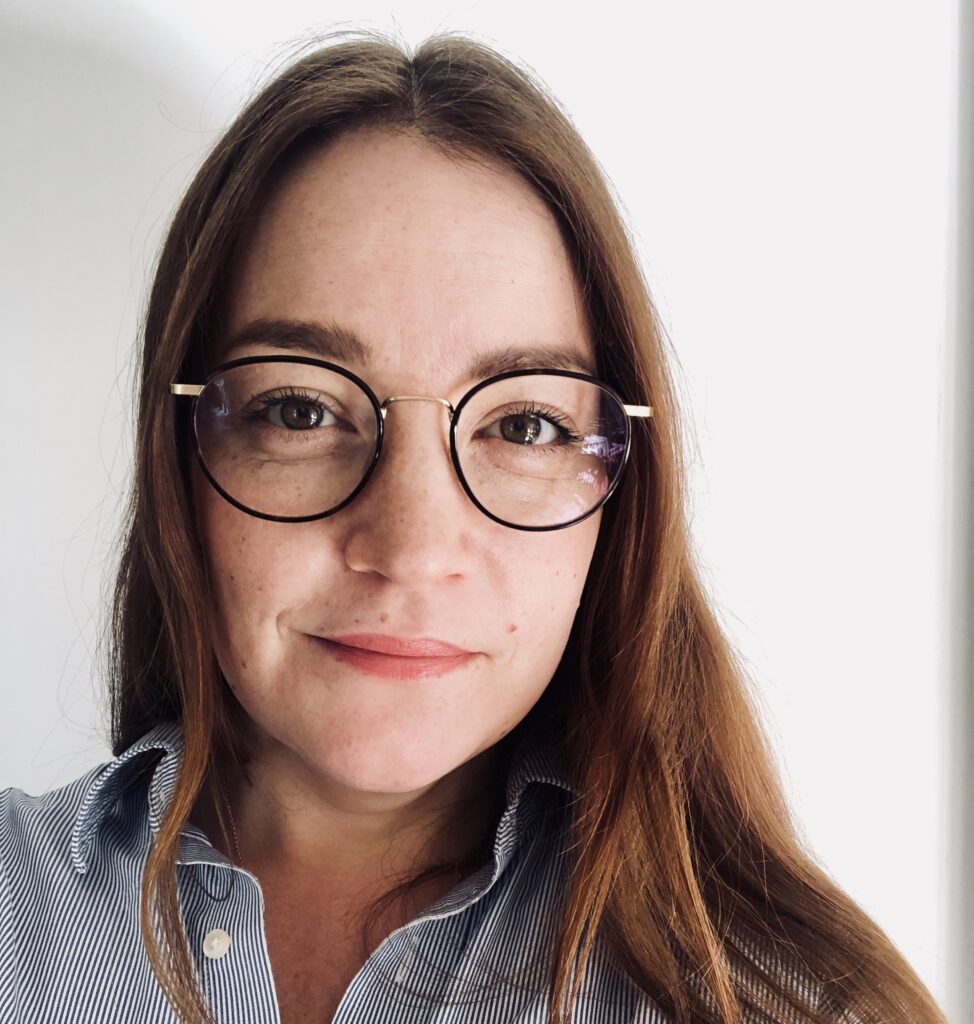
Klara Backman is a policy and advocacy expert in the field of global gender equality, development and peace and security, with a focus on Women, Peace and Security and the role of women’s rights organisations in conflict-affected contexts. She has been an advocacy advisor with The Kvinna till Kvinna Foundation since 2017. Kvinna till Kvinna is one of the world’s leading feminist women’s rights organisations, working closely together with more than 140 partner organisations in 20 countries affected by conflict. Prior to Kvinna till Kvinna, Klara worked at the Swedish Ministry for Foreign Affairs
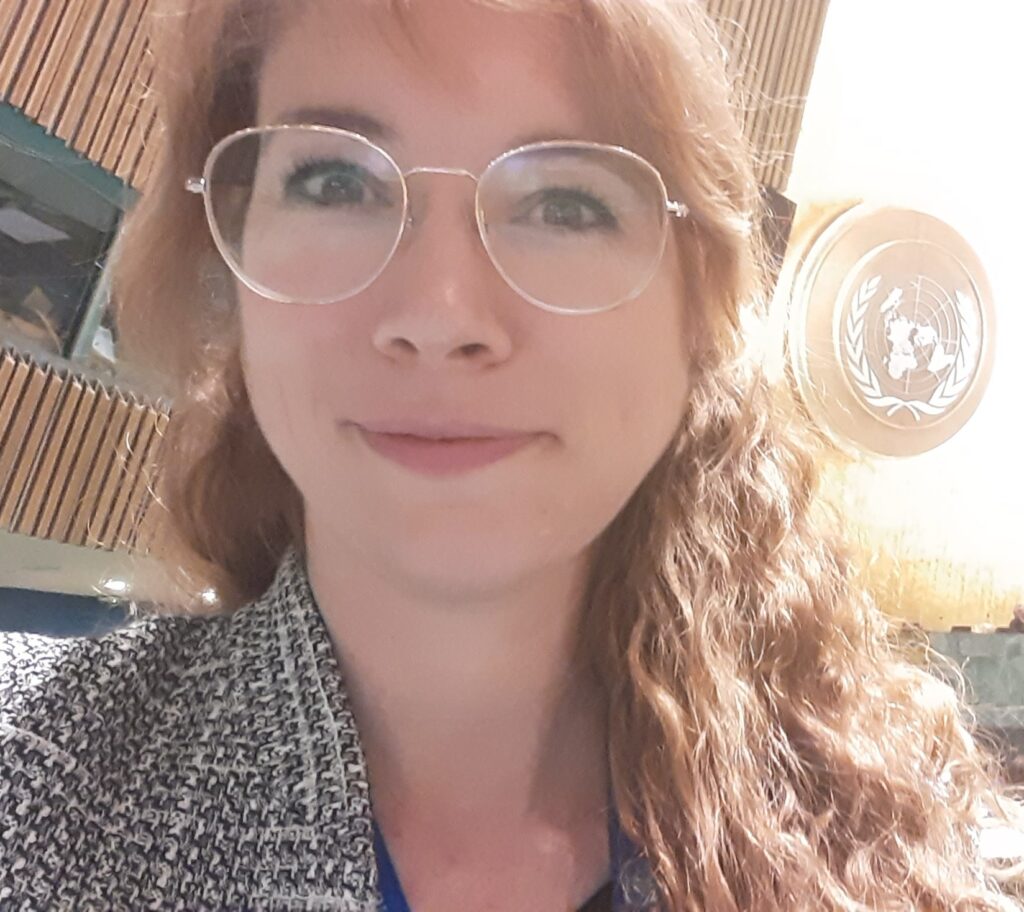
Aroa Santiago leads UNDP´s portfolio on building gender equal economies at the global gender team at UNDP in New York, with more than 15 years of experience. She has built UNDP’s Flagship EQUANOMICS initiative that aims at reforming economic structures that generate discrimination, particularly by making fiscal policies work for gender equality, and expanding care systems, present in all five regions of the world. She has created and manages the Global Learning Lab on Gender Equal Economies, that has trained UNDP economists from more than 100 countries on issues around feminist economics and has co-published numerous papers and knowledge materials on these topics. Previously, Aroa was a Social Protection and Women´s Economic Empowerment officer at FAO, supporting more than 40 country and regional projects in Europe and Central Asia on rural economic development and land management reforms. Before, she worked at the University of Barcelona as advisor to incorporate gender theory into social research.
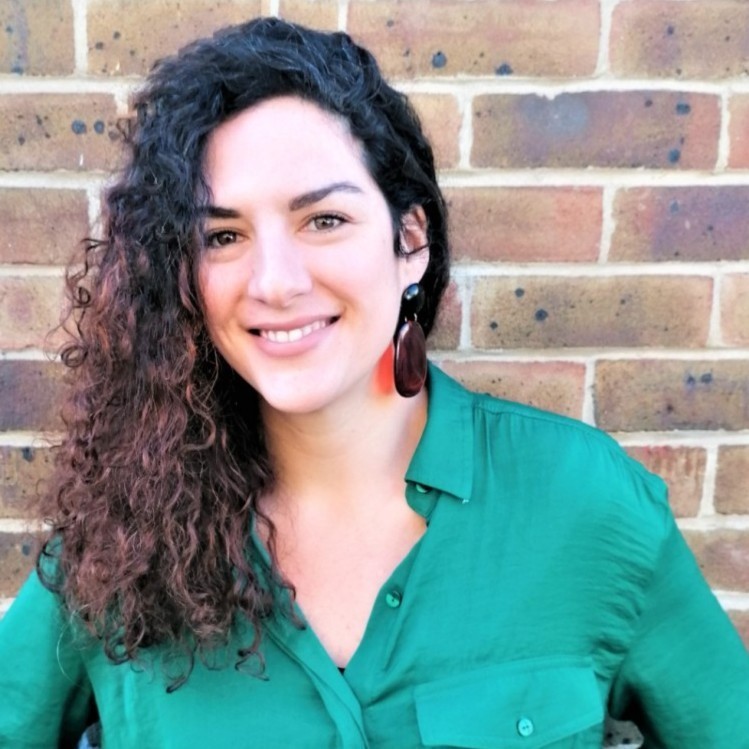
Federica Signoriello is the Advocacy Adviser for Financing for Development and SRHR at Countdown 2030 Europe/IPPF, providing strategic guidance on SRHR financing and global funding trends. She leads research, policy analysis, and advocacy to strengthen sustainable SRHR progress across the consortium. In 2024, she co-led the launch of the report “Unlocking the future of SRHR: navigating the complex world of innovative and feminist financing models”, to explore innovative financing mechanisms to complement ODA for SRHR, which is being presented in this session.
Day 3 (Friday)
Speakers:
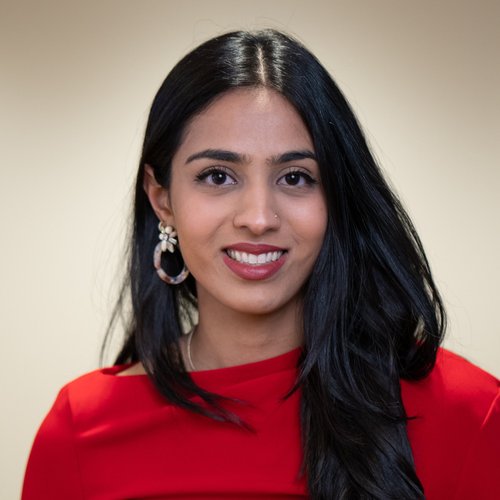
Spogmay Ahmed (she/her) is the Senior Policy Advisor for the Feminist Foreign Policy Collaborative. In this capacity, she manages the Global Partner Network for Feminist Foreign Policy, and provides overall policy and advocacy expertise for civil society, governments and multilateral organizations. Spogmay serves as the Collaborative’s main liaison to the United Nations, and has served as a Women 7 (W7) Advisor for the G7 Presidencies of Germany in 2022, Japan in 2023, Italy in 2024 and now Canada in 2025. Prior to joining the Collaborative, Spogmay served as Senior Global Policy Advocate at the International Center for Research on Women (ICRW), handling ICRW’s portfolio on feminist foreign policy globally and in the United States. She has provided policy analysis and advocacy leadership in multilateral spaces, including the United Nations, G7 and G20. She previously managed ICRW’s signature Feminist UN Campaign and all associated publications. Spogmay also served as the North America Organizing Partner for the Women’s Major Group, promoting civil society engagement in UN sustainable development processes. Through her years of experience, Spogmay has gained a multifaceted understanding of the multilateral system – previously working with the UN Economic and Social Commission for Asia and the Pacific (ESCAP) in Bangkok, Thailand and the Permanent Mission of Pakistan to the UN in New York.
